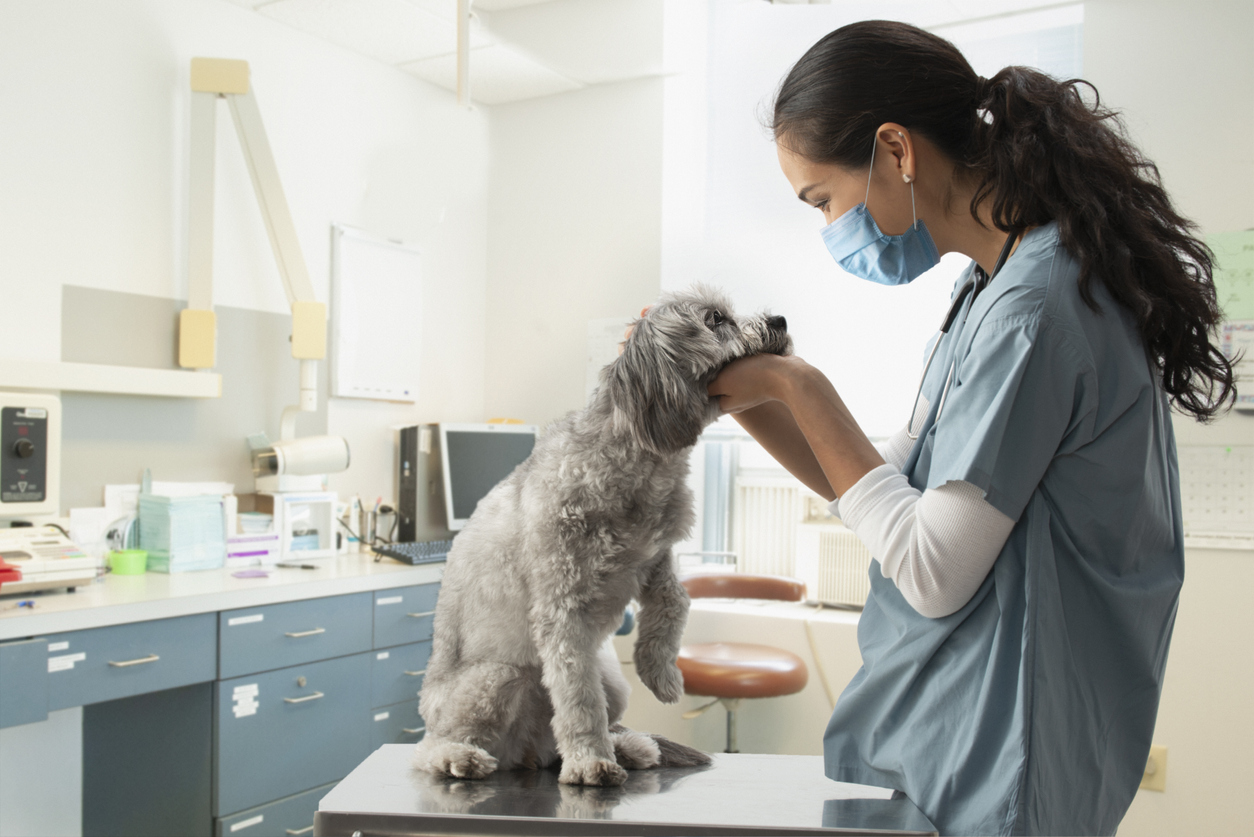A veterinarian commits veterinary malpractice when he or she fails to meet the standard of care that is expected of other veterinarians. The veterinary standard of care is behavior that adheres to the normal practices and protocols of the veterinary field. As a veterinarian, you are always at risk of being sued for veterinary malpractice. However, by adhering to certain practices, you can drastically lower your risk of being a party to a veterinary malpractice lawsuit. In this article, we discuss ways to avoid veterinary malpractice lawsuits.
The Elements of Veterinary Malpractice
The first step in avoiding a veterinary malpractice lawsuit is understanding the elements of such a claim. An element is an essential requirement of a legal cause of action. Each cause of action, such as veterinary malpractice, is made up of a basic set of elements that a plaintiff must prove to prevail in court. In order to prevail in a veterinary malpractice lawsuit, a plaintiff must prove the following elements:
- The veterinarian had a duty of care to treat the plaintiff’s animal,
- The veterinarian failed to meet this duty,
- The animal was injured or died because of the veterinarian’s failure to meet this duty, and
- The plaintiff experienced a tangible loss due to the veterinarian’s actions.
Understand (and Avoid) Common Types of Veterinary Malpractice
In order to avoid veterinary malpractice litigation, it is necessary to be aware of common types of veterinary malpractice. Some common types of veterinary malpractice include
- providing the wrong medicine or treatment,
- failing to provide necessary treatment,
- recommending the wrong treatment, and
- prematurely ceasing treatment.
Take Proactive Measure to Avoid Veterinary Malpractice Lawsuits
The best way to avoid lawsuits of any kind is to anticipate and address problems before they happen. To reduce your risk of being sued for veterinary malpractice, you should
- regularly evaluate your practice to identify and address issues,
- regularly train your staff on preventative measures, and
- stay up to date on legal liability issues.
How to Defend a Veterinary Malpractice Allegation
If you are accused of veterinary malpractice, you must act quickly and decisively. Successfully defending a veterinary malpractice lawsuit requires a deep understanding of veterinary malpractice law and the judicial process. Therefore, if you have been accused of veterinary malpractice, you should contact an experienced veterinary practice litigation attorney for help.
Contact a Veterinary Malpractice Litigation Lawyer
As a veterinarian, you’re bound to have a few dissatisfied clients. Therefore, if you run a veterinary practice, you must always be prepared for litigation. At Mahan Law, we understand the veterinary business. Founded by veterinary hospital owner Anthony Mahan, our veterinary law firm is dedicated to helping veterinarians avoid litigation when possible and defending lawsuits as they arise. If you are facing a lawsuit or would like to develop a proactive plan to protect your practice, please contact us for a consultation.

